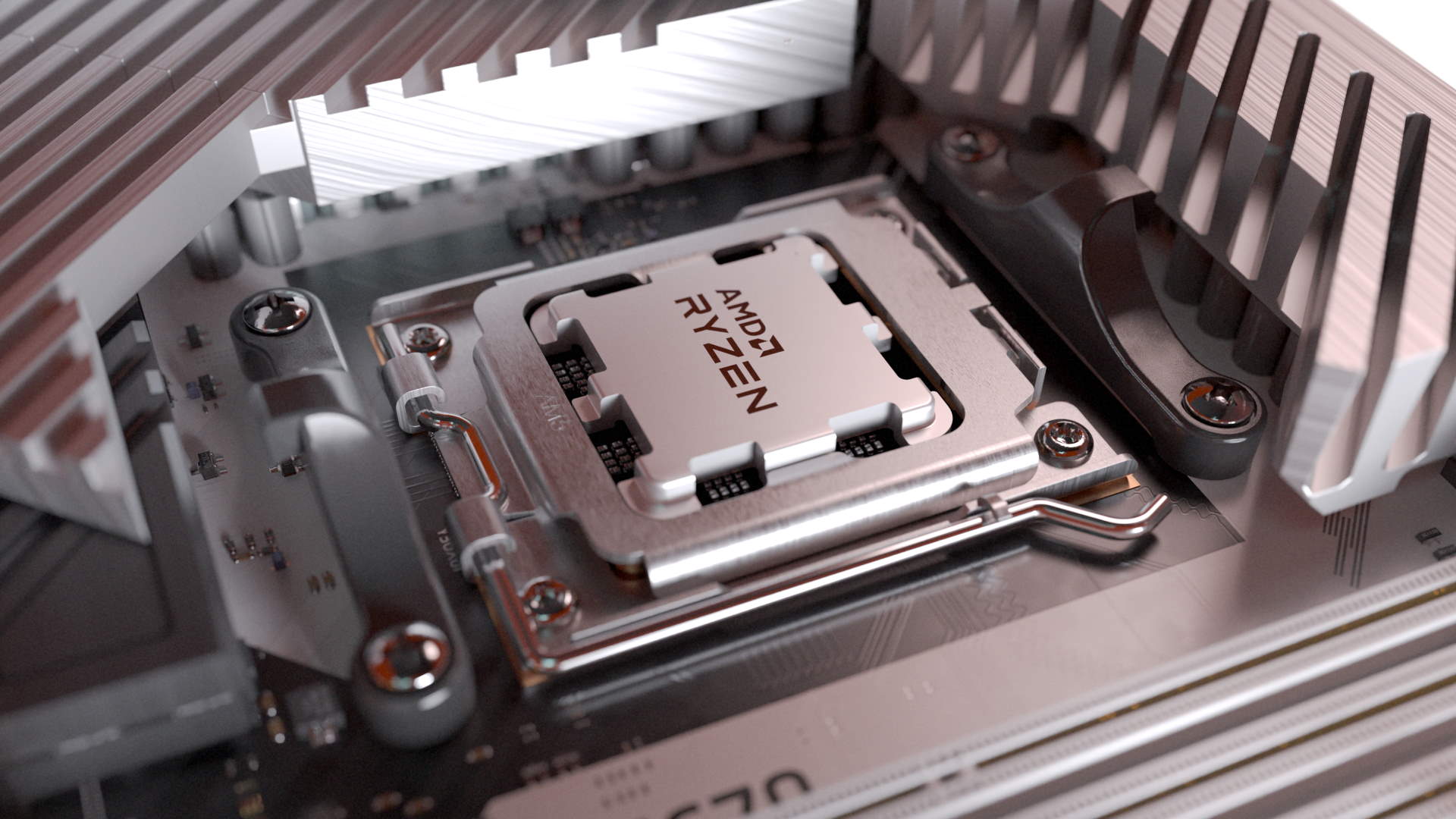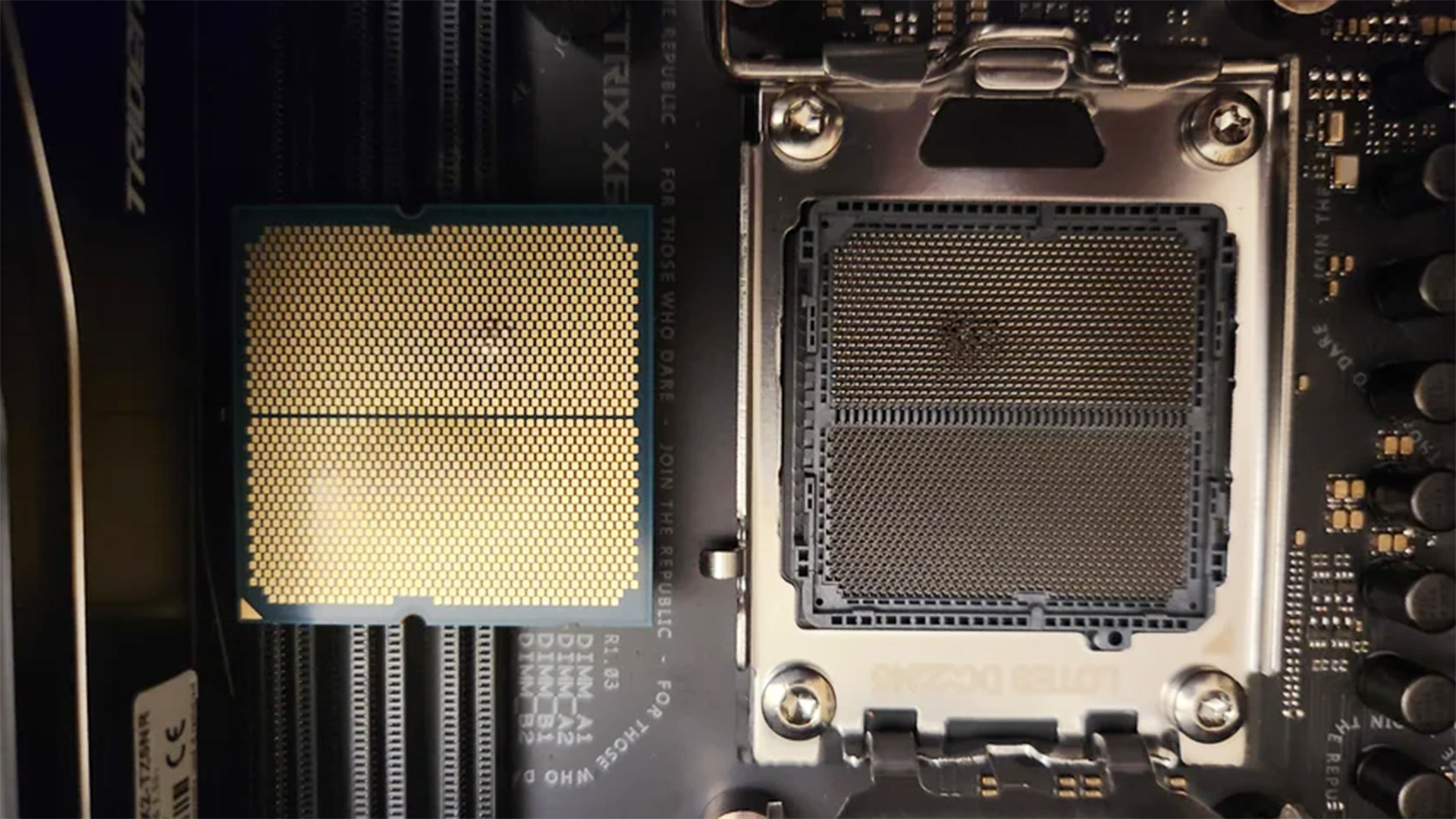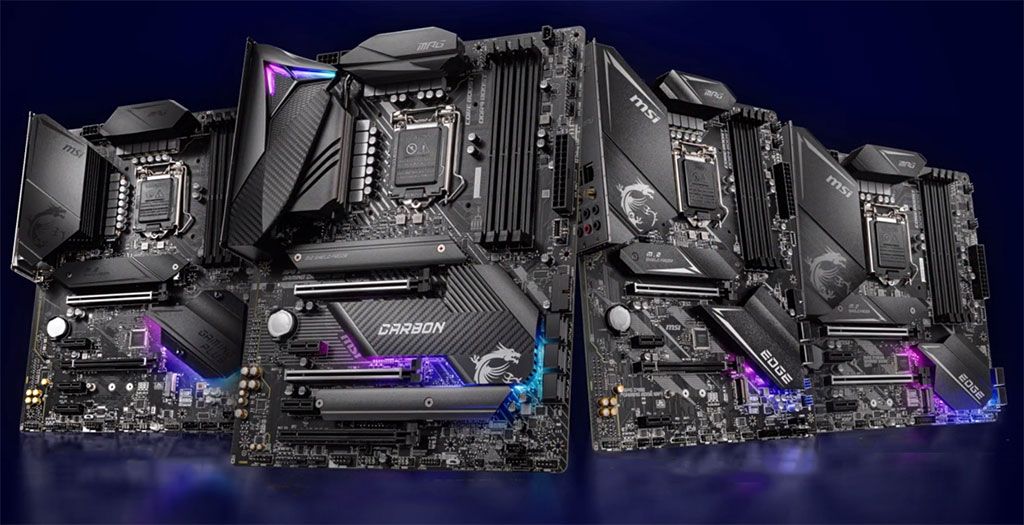
Following recent backlash to its warranty requirements on AM5 motherboards, Asus has confirmed that it will offer support to users that install beta versions of its motherboard BIOS software. It has also confirmed that included in its warranty are both XMP and EXPO memory overclocking profiles—all of which has been linked to issues on AMD Ryzen 7000-series CPUs burning themselves out.
Here's the latest Asus motherboard warranty information in full:
"We want to address the concerns that have been raised by our users about whether recent BIOS updates will impact the warranty of ASUS AM5 motherboards. We would like to reassure our customers that both beta and fully validated BIOS updates for ASUS AM5 motherboards are covered by the original manufacturer’s warranty. We would also like to confirm the following points:
- The ASUS AM5 motherboard warranty also covers all AMD EXPO, Intel XMP, and DOCP memory configurations.
- All recent BIOS updates follow the latest AMD voltage guidelines for AMD Ryzen 7000 series processors.
Furthermore, we would like to reiterate our commitment to supporting the AMD AM5 platform and our customers. For any further inquiries about your ASUS AM5 motherboard, please contact our customer service for support. Thank you for choosing ASUS."
To understand why this is a big development, you have to go back to the root cause of this sticky situation.
About one month ago, reports of users' AMD Ryzen 7000-series processors burning up started rolling in, namely via Reddit and overclocker der8auer. Asus was one of the first companies to release a statement on the burnout issues, as one of the motherboard manufacturers seemingly hit by whatever was causing the issue.

Asus said at the time that it was aware of some issues, hinting at SoC voltage and EXPO memory as the likely culprits, and had implemented new thermal monitoring mechanisms. This was seconded by a later statement by AMD, which suggested that some voltages applied to its chips may have been in excess of product specifications.
AMD later released a follow-up statement. This time confirming that it had found the cause of the burnout issue and had rolled out new AGESA firmware to motherboard manufacturers to release within their BIOS updates.
"We have root caused the issue and have already distributed a new AGESA that puts measures in place on certain power rails on AM5 motherboards to prevent the CPU from operating beyond its specification limits, including a cap on SOC voltage at 1.3V," the statement from AMD said.
Multiple motherboard manufacturers have since released new BIOS files with the updated SOC voltage cap, including Asus. However, the Asus BIOS (version 1410, which has since been replaced with a newer version) was released in beta, and this, the company claimed, meant that it was not covered under warranty.


Asus has since reportedly claimed that the warranty-invalidating copy attached to the BIOS files was simply boilerplate text that it has always put on beta firmware on its download sites, and not a specific thing it had put in place for this particular issue.

Best gaming motherboard: the best boards around
Best AMD motherboard: your new Ryzen's new home
Gamers Nexus looked into the 1410 BIOS' behaviour in a recent video and found that Asus motherboards were still running EXPO memory profiles in excess of 1.3V, which as per AMD's previous statement is the supposed cap for SOC voltage. That high voltage is questionable in its own right, as the supposed cap from AMD is 1.3V, but add to that the lack of warranty now imposed on the customer—a customer that was, in theory, doing the most to protect their CPU and board by installing the new BIOS with the proposed SOC voltage cap.
That largely leads us up to today's development: Asus noting that its latest BIOS updates do conform to AMD's recent voltage guidelines, and making clear that it will cover under warranty EXPO, XMP, and DOCP memory profiles and beta BIOS releases for its motherboard. A new BIOS version 1415 has been released.
That's a good step towards better customer support, as memory overclocking profiles have often been excluded from warranties, but undoubtedly this should've been the case all along in this instance.







